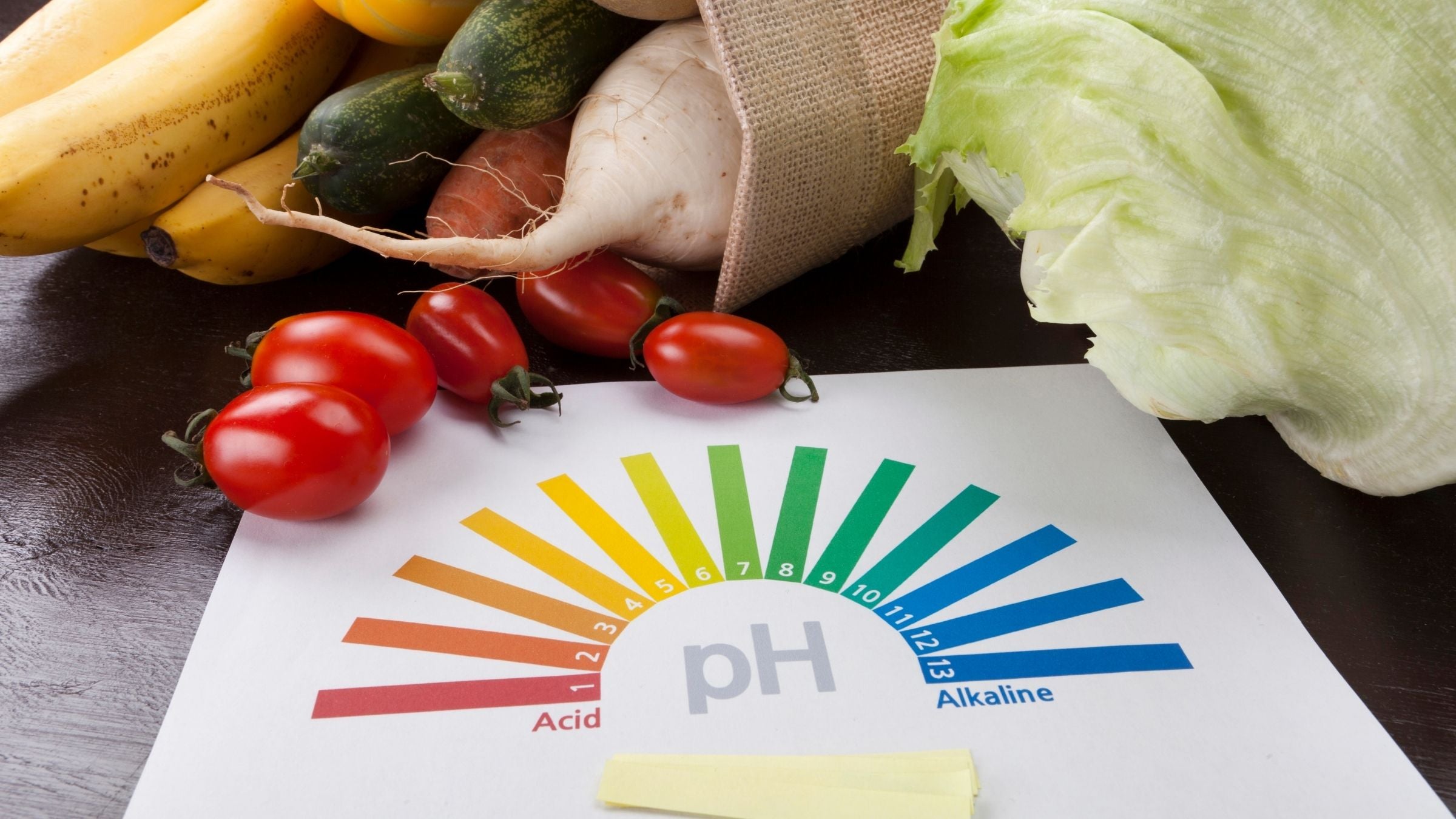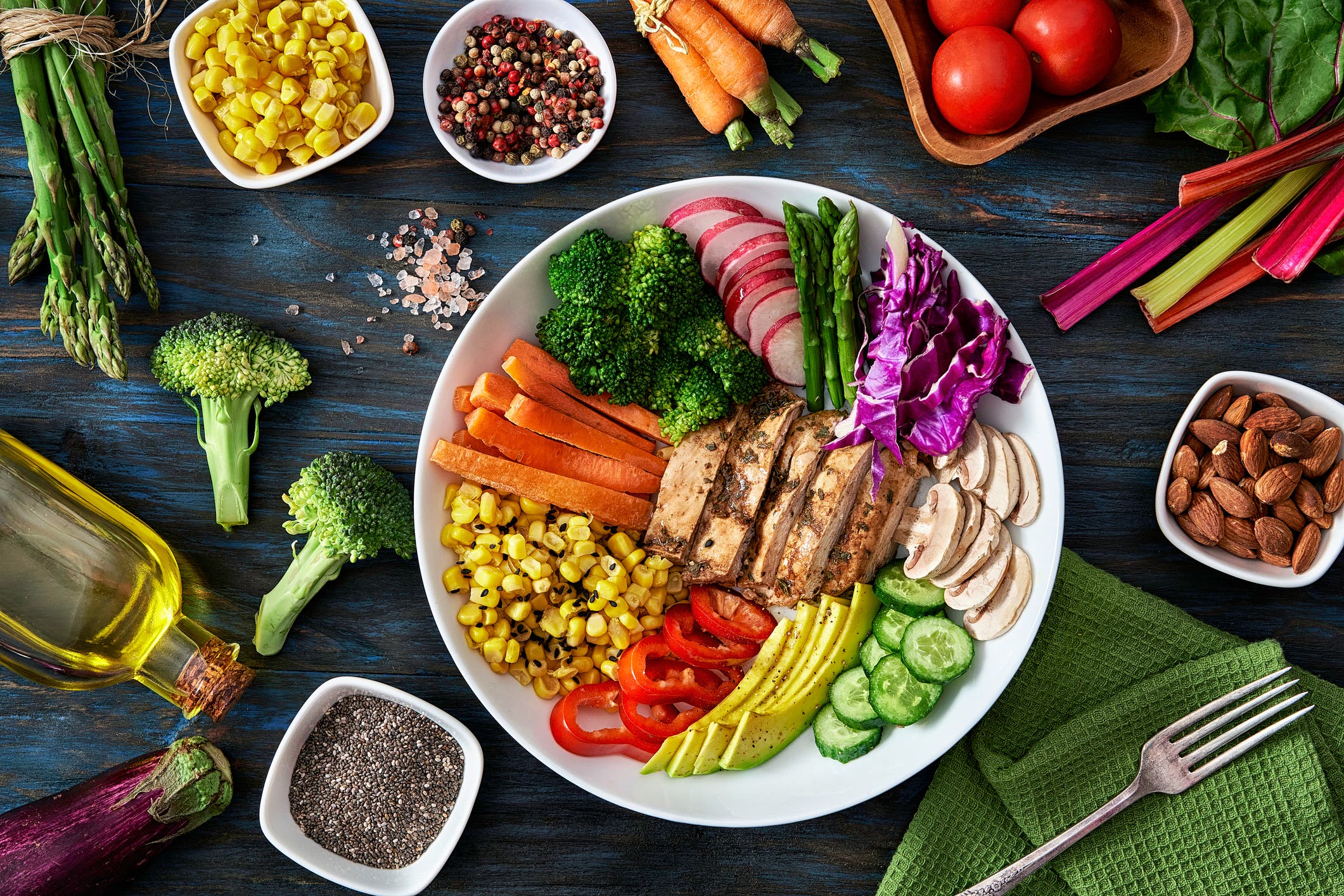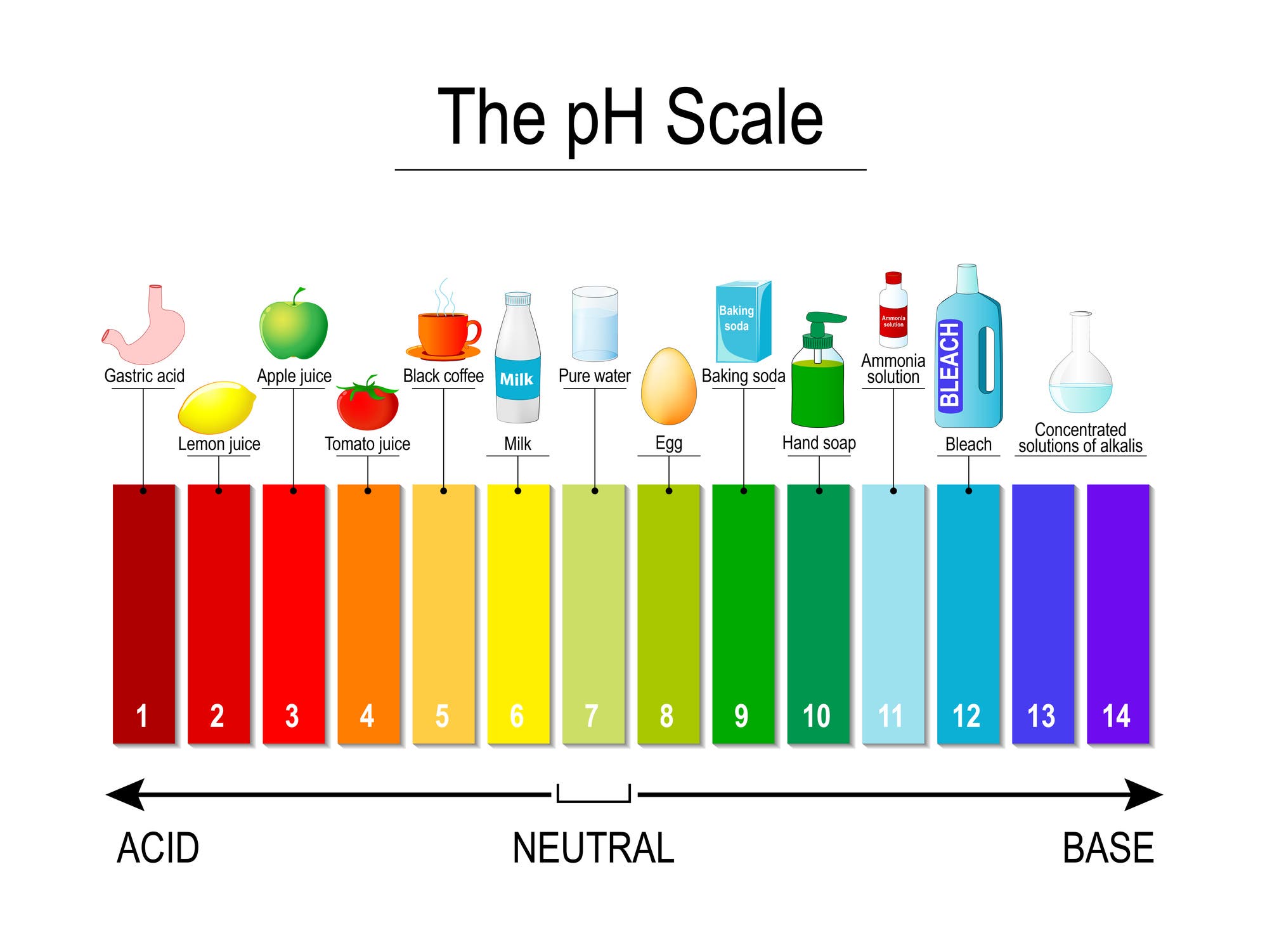Is the Alkaline Diet Good For Athletes?

(Photo: Getty Images)
Table of Contents
Endurance athletes are always looking for an edge, whether it’s buying new supershoes or following a Norwegian-inspired training protocol. This applies to diet, too – endurance athletes are often looking for ways to hack their diets in an attempt to outclass the competition, trying any diet du jour that promises improved results.
Case in point: the alkaline diet. It’s been around for many years now (the backbone of the diet may have started in the mid-1800s with the “dietary ash hypothesis”), but became more mainstream as celebrities began touting the positive results they experienced by keeping their acid levels in check. It seems athletes involved in various disciplines have also taken notice and decided to give the diet a whirl. Proponents of this diet claim that it can make you healthier, help fight serious diseases and give you an athletic edge.
Let’s take a deep dive into the bold claims of the diet and see if there is any scientific evidence to back them up.

What is an alkaline diet?
The premise of the alkaline diet is that the foods you eat can alter your body’s pH in a good or bad way: If you eat certain foods it makes your blood more acidic, but if you eat other foods, it can alkalize your blood for better health. “lower your acid,” if you will.
Promoters of the diet believe that by eating foods that are less acidic and promoting an alkaline state, the body will be less susceptible to several health issues, including cancer. There are also many who claim an alkaline diet can help shed unwanted body fat. Some athletes also believe that a lower acid load can improve recovery from training loads, leading to fitness gains.
Modern Western diets, with a greater content of acid precursors, are looked upon as increasing the net acid load to the body – and thus explains why so many Americans are in poor health.
The measure of pH tells you how acidic or alkaline something is and ranges from 0 to 14. Zero is extremely acidic, 7 is neutral and 14 is completely alkaline. Knowing this, the alkaline diet is organized around the pH of individual foods. If you’re following the alkaline diet, you’ll be instructed to greatly limit acid-promoting foods and focus instead on the alkaline foods that will bring your body pH into a better acid-alkaline balance.
Acidic foods include meat, dairy, eggs, grains, alcohol and packaged ultra-processed foods including baked goods. Gels and sports drinks, which are a big part of fueling many endurance athletes? Sorry, those land squarely on the acid-promoting list.
Alkaline foods include fruits, vegetables, seeds, certain nuts and some oils. Some versions place legumes like beans into the acid category while others say they are more neutral. Alkaline water tends to come in at an 8 or 9, which means it’s more basic than regular tap or bottled water due to a greater concentration of minerals, including calcium and potassium, which make the water more alkaline.

Many who subscribe to this diet suggest that people monitor the pH of their urine to ensure that it is alkaline (over 7) and not acidic (below 7) using test strips that are placed in a cup of collected urine (much like you would see at a healthcare provider’s office).
Should athletes follow an alkaline diet?
To be frank, don’t bother. And please stop wasting your money on bottled alkaline water.
Despite a modicum of support, to say there’s a lack of quality research backing the main principles of the alkaline diet is an understatement — and for some athletes, the approach may come with setbacks in health and performance. Below we’ll break down exactly why.
RELATED: The Fight Against Pseudoscience, Bad Training Advice, and Bullsh*t
Why testing your pee for pH doesn’t matter
Firstly, it is impossible to change the body’s pH through diet in any meaningful way. You need to know that your body’s pH varies based on the region. For example, the stomach is more acidic to help break down your dinner. On the other hand, human blood is kept slightly alkaline, with a pH of 7.36–7.44, no matter how many eggs you scrambled for breakfast. Deviations from this (metabolic acidosis) can be fatal. The kidneys are largely responsible for maintaining a balanced pH throughout the body, known as acid-base homeostasis, and it’s very tightly regulated. (The kidneys produce bicarbonate ions that neutralize acids in your blood, enabling your body to closely regulate blood pH). If your body’s pH significantly changes, it’s because of a serious health issue such as diabetic ketoacidosis. So the food choices you make aren’t going to noticeably change your body’s pH. There just might be tiny fluctuations in blood pH within the normal range.
If you are dunking test strips in your urine, you may notice some day-to-day differences in your urine pH. But that won’t tell you your overall acidity levels, because urine pH doesn’t adequately reflect your body’s pH. That’s because excess acid might be excreted through the urine to balance pH levels. If you eat a Flintstone-sized steak, your urine could become temporarily more acidic as your body removes the metabolic waste from your system.
Debunking the “caveman” claims
You may hear that since our hunter-gatherer ancestors consumed an alkaline diet, so should you. But research doesn’t necessarily support the idea that all of our early cave-dwelling relatives consumed alkaline diets. Isn’t woolly mammoth meat pro-acid? According to research in the American Journal of Clinical Nutrition, about one-half of the 229 historical diets researchers of the paper looked at were acid-producing, while the other half were alkaline-forming. Another past investigation of nutritional anthropology found that the disparity may be location-based. The researchers discovered that the farther away from the equator that people lived, the more acidic their diets were. Keep in mind that our remote ancestors lived in vastly different climates with access to diverse foods.

Alkaline diet for athletes: Overall health
The cancer prevention theory is based on the claim that cancer cells thrive in an acidic environment. However, reviews on the relationship between increased body acidity caused by diet and cancer have concluded that this is much too simplistic of an explanation for a complex disease and there is no direct link. One study did find that a diet with a higher acid load may increase the risk for breast cancer, but this was likely caused by eating too much meat and too few vegetables and fruits, not necessarily any long-term alternation in body pH. And you should not believe that cancer cells are confined to acidic environments any more than you believe that swimming in choppy open water is as easy as taking laps in a pool.
One review study published in the Journal of Environmental and Public Health found that there could be some value in eating more alkaline foods to reduce your risk of hypertension and stroke, as well as improve indicators of braining functioning including memory and cognition. But again, this is overall nutrition and not acid-base balance at play here. If you eat plenty of nutrient-dense alkaline foods like fruits and veggies you’ll also get plenty of the nutrients and antioxidants you need for cardiovascular and brain health—even if you partake in some steak and other acidic foods. And cutting back on saturated fat from animal-based foods could also benefit cardiovascular and brain health.
People with chronic kidney disease may benefit more than the general public from focusing on alkaline foods because too much animal-based protein can further compromise kidney functioning.
Alkaline diet for athletes: Weight, physical performance and strength
For physically active individuals there is the real risk of not meeting one’s energy and nutritional needs when so many foods are off the menu. For instance, while fruits and vegetables may contain small amounts of protein, it is challenging to consume enough on this diet to meet the daily recommended amounts for athletes. Eliminating all acidic foods can also cause people to come up short in several science-confirmed vital nutrients like calcium, vitamin D and vitamin B12. You’ll need to figure out how to deal with the hunger that this diet is inevitably going to leave you with and perhaps a lasting unhealthy relationship with food.
As for weight loss, that is likely to occur given such restrictions, but this can backfire on a triathlete that has little bodyweight to give. Relative Energy Deficiency in Sport, or RED-S, is a major concern for endurance athletes, and following restrictive diets can certainly put someone at risk for the adverse effects of RED-S in men and women.
RELATED: RED-S Still a Major Problem in Endurance Sport
There are also claims that the alkaline diet can reduce the risk of weak bones and osteoporosis, a benefit that may appeal to older endurance athletes. The theory is that noshing on an acid-rich diet, like the standard Western diet, can erode the bones by increasing the amount of calcium (an alkaline salt) leached from your skeleton to help neutralize the body’s acidity. This calcium is then removed from the body via urine. It’s a good theory, but it does not hold up to scientific rigor. Changes in urine calcium have not been shown to accurately represent calcium balance in the body and skeletal bone mineral loss. What is more likely occurring is that the nutrients and antioxidants in alkaline fruits and vegetables benefit bone health, not that they’re lowering acid load. What’s more, eating too little protein (which alkaline diets are at risk for) can hurt, not help bone health.
Alkaline diet for athletes: The bottom line
The big sales pitch of the alkaline diet is that it can fight disease and keep you healthy, but these claims aren’t backed by credible science. So, yes, by all means add more fruits, vegetables and other healthy alkaline foods to your shopping cart, but if you also include some yogurt and chicken, it won’t send you into some sort of acidic red zone.
If there is anything worth taking away from this diet, it’s the encouragement to make heavily-processed foods a smaller player in your diet. Overall, the foods listed as alkaline are healthy and things you should be eating more of anyway.
RELATED: Fitter & Faster Podcast: How to Get the Most From Your Nutrition
Matthew Kadey, M.S., R.D., is an author, journalist, and James Beard Award winner who specializes in sports nutrition.